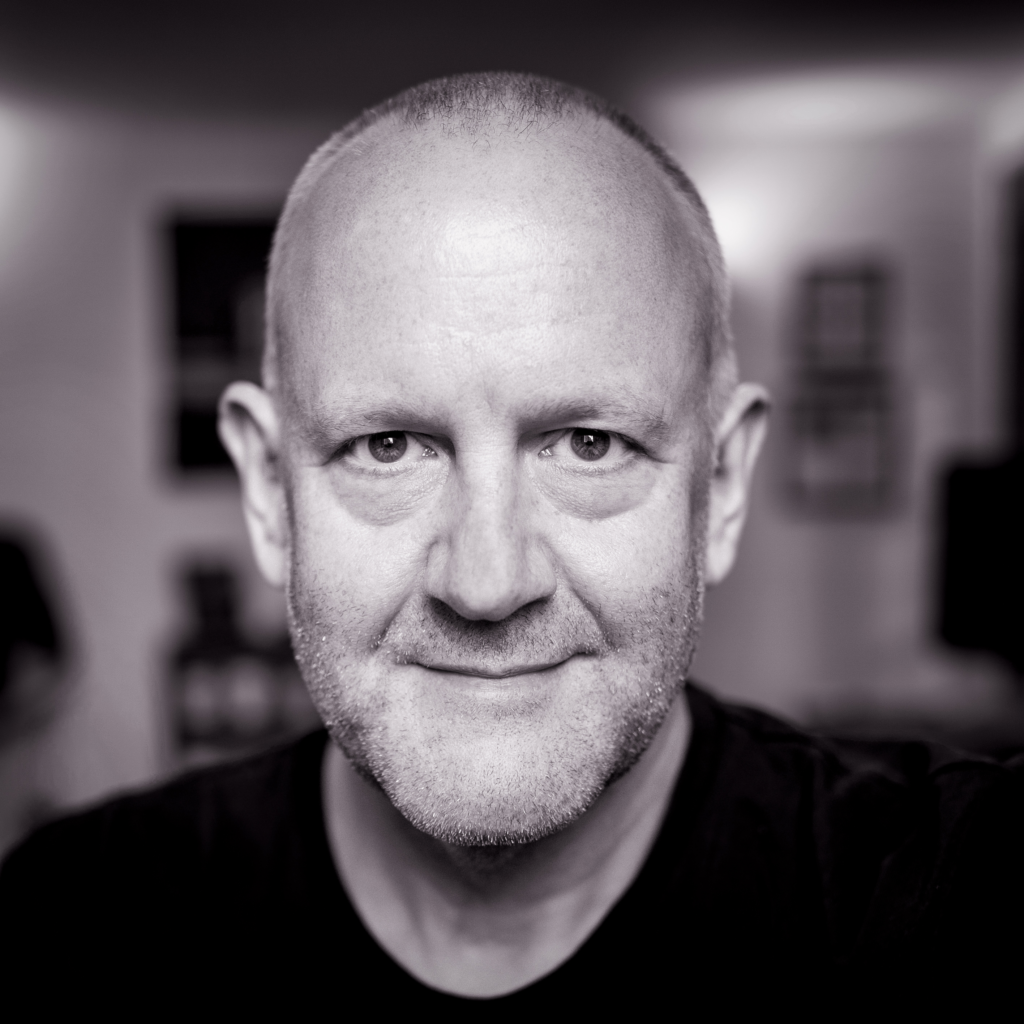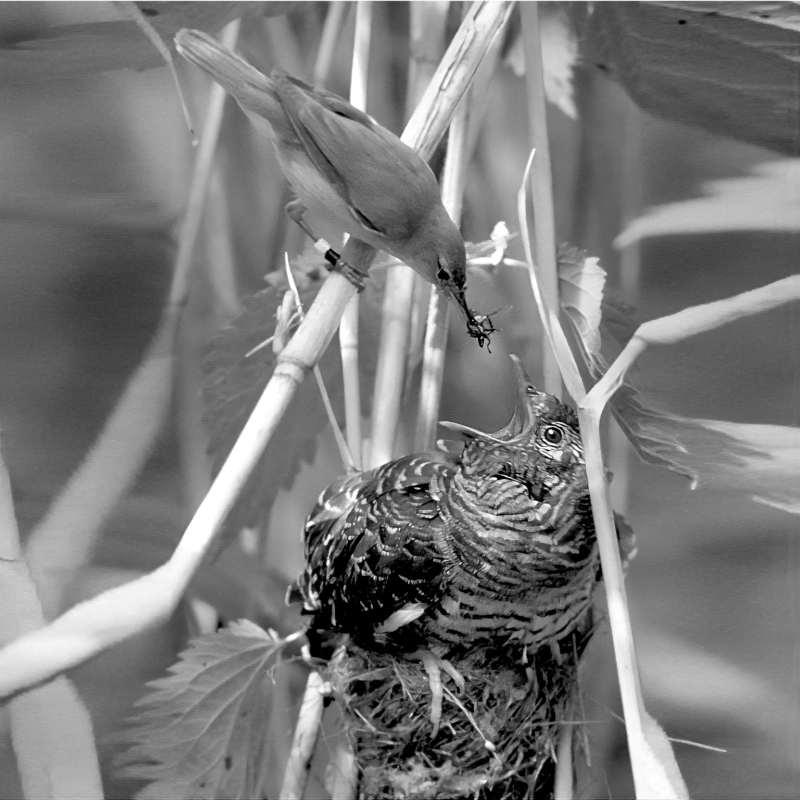“Creativity may well be the last legal unfair competitive advantage we can take to run over the competition.”
Dave Trott, Advertiser, and author of Predatory Thinking: A Masterclass in Out-Thinking the Competition (Trott, 2013)
Usually, people cheat in casinos to win. In the early 1990s, Richard Marcus literally turned the tables on Roulette by only cheating when he had already lost.
In a new paper here, I examine the ever-evolving battle between deception and counter-deception using case studies from gambling, sport, the military, and nature. After considering why similar competitive cycles play out across these domains, the paper draws together emergent lessons on how deception can help gain and sustain competitive advantage in other settings.
How did Marcus make money by only cheating when he had already lost? Why did an American college football team paint their football maroon? Why do some dummy tanks carry real armour? And how does a cuckoo chick fool an adult reed warbler into bringing it three times the quantity of food it would otherwise receive?
Find out here.
References
Trott, D. (2013). Predatory Thinking: A Masterclass in Out-Thinking the Competition. Macmillan.


